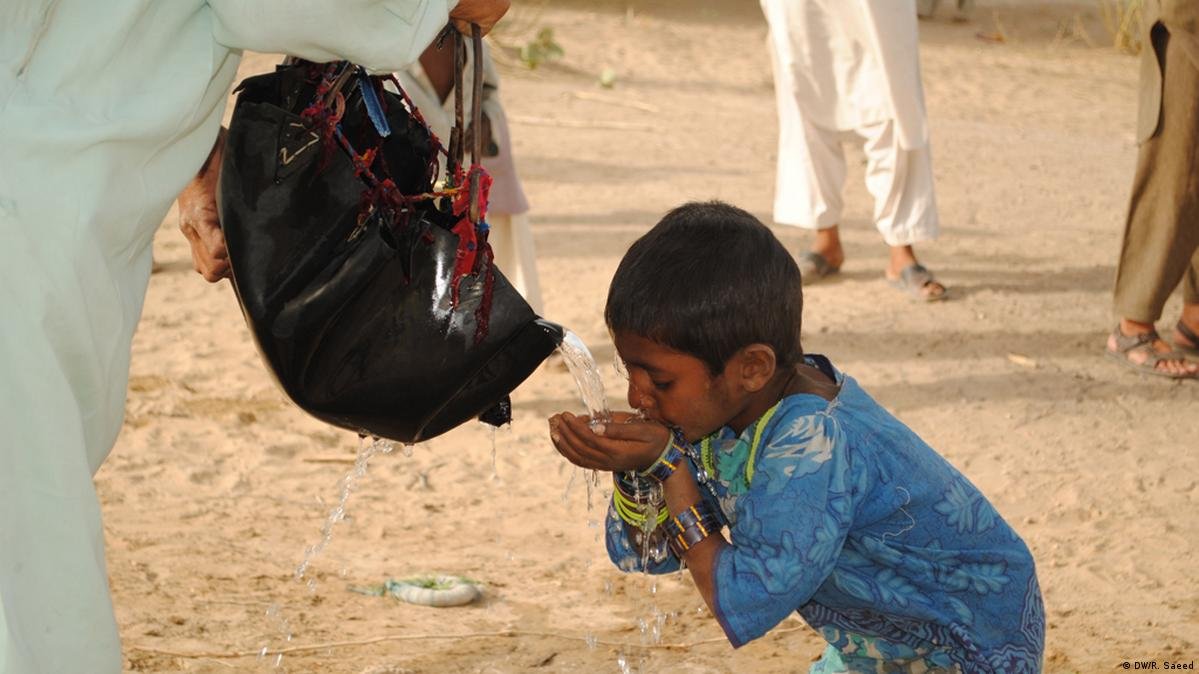As Pakistan experiences a dire lack of rains during the winter season, it serves as a stark reminder of the global grip of climate change. Deniers are either lacking basic knowledge or representing business interests contributing to the imbalance in nature.
Extreme weather events, such as rising temperatures, erratic rains, and drought, are becoming commonplace in the region. Climate change and global warming pose challenges worldwide, with water scarcity affecting billions, including Pakistan. The effects are particularly severe in arid regions like Balochistan, where the absence of rains compounds the existing challenges.
Pakistan’s plight is not unique. Reuters reports that Morocco, facing six consecutive years of drought, is grappling with critically low dam levels. By mid-January, the average dam filling rate dropped to 23.2%, down from 31.5% a year earlier, with rainfall 70% below average. Al Masira, Morocco’s second-largest dam serving Casablanca, is nearly empty.
Moroccan water and agriculture ministers emphasized the severity of the situation. The drought has led to a ban on using drinking water for street cleaning and park irrigation in cities, impacting farming areas. Farmers, particularly in the Souss region, a major source of Morocco’s fresh produce, are facing unexpected challenges.
The decision to halt dam irrigation has jeopardized investments, threatening this year’s production for many farmers. Wells in the area have dried up, with farmers digging down to 400 meters without a guarantee of finding sufficient water. The drought forced a reduction in dam-irrigated areas and impacted autumn crops, prompting concerns about Morocco’s cereals harvest and necessitating more wheat imports.
Morocco’s response includes plans for new desalination plants powered by renewables, aiming to produce 1.3 billion cubic meters of fresh water by 2035. However, farmers like Mbark N’Ait Ali express concerns about potential delays and the urgency of water availability for irrigation.
As both Pakistan and Morocco grapple with water scarcity and drought, the global community faces a pressing need to address climate change and implement sustainable solutions to secure water resources for future generations.


